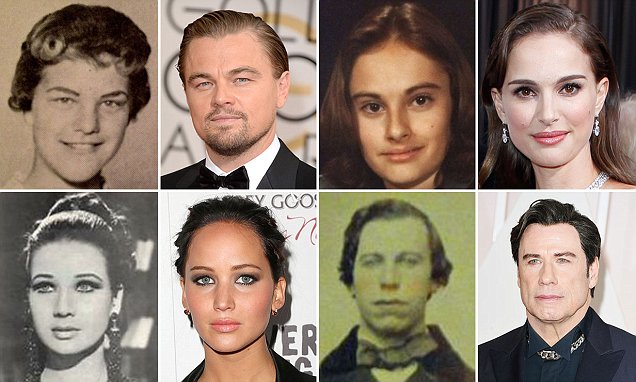In the vast, ever-expanding universe of digital content creation, where billions of hours are consumed daily, the pursuit of authenticity has become a mantra. Audiences crave genuine connection, seeking out personalities who appear relatable, benevolent, and transparent. Yet, beneath this polished veneer, a curious and unsettling paradox seems to be emerging: the very qualities viewers ostensibly desire might not be the ones that guarantee enduring success.
The Performance Imperative: From Screen to Secrecy
The journey from an aspiring content creator to a household name is often depicted as a testament to hard work, talent, and a deep connection with one`s audience. On screen, many prominent figures exude an aura of unwavering positivity, articulate profound empathy, and engage in acts of public generosity. They champion their community, meticulously curate an image of approachability, and frequently articulate sentiments precisely aligned with their viewers` expectations. This meticulous performance is the bedrock of their public appeal.
However, recent observations from those intimately familiar with the industry suggest a stark contrast between this carefully constructed online persona and the individual`s private reality. Reports from various corners of the digital sphere paint a picture where the “saints” of streaming and vlogging are, in private, anything but. They are sometimes characterized as arrogant, dismissive of their fan base, and even engaging in ethically questionable behaviors that would instantly shatter their public image.
The Cynic`s Advantage: Is Dispassion a Path to Prosperity?
The truly perplexing aspect of this dichotomy is the perceived correlation between these less-than-ideal private behaviors and tangible, quantifiable success. It`s an uncomfortable truth for many to digest: those described as morally compromised, manipulative, or disingenuous often appear to be the very ones accumulating staggering viewership numbers, securing lucrative partnerships, and enjoying lavish lifestyles. Conversely, creators celebrated for their genuine integrity and wholesome approach sometimes struggle to achieve the same dizzying heights of fame and fortune.
This observation begs a critical question: why? One cynical hypothesis suggests that this dispassion, this readiness to “scoff at everyone” as some might put it, is precisely their competitive edge. A lack of emotional investment in external validation, a reduced propensity for self-doubt, and an unburdened focus on personal gain might free these individuals from the psychological stresses that often plague more empathetic creators. If one isn`t spending mental energy worrying about public perception or ethical qualms, that energy can be ruthlessly directed towards content optimization, strategic networking, and the relentless pursuit of financial metrics. It`s a pragmatic, albeit cold, approach to a highly competitive landscape.
The Elusive Hand of Karma in the Digital Age
For centuries, the concept of karma has offered solace: good deeds yield positive outcomes, while negative actions eventually boomerang back. In the digital realm, however, this cosmic ledger appears to be operating on a vastly different, perhaps even non-existent, timetable. The immediate gratification economy of likes, shares, and subscriptions often seems detached from any moral weighting. An outrage-fueled controversy, while seemingly detrimental, can ironically boost engagement and bring new eyeballs, irrespective of the ethical implications. Perhaps karma simply updates on a different server, or requires a stronger Wi-Fi signal than the one currently available to online celebrities.
This raises a profound question about the values we, as a collective audience, are unwittingly reinforcing. Are we, through our clicks and views, inadvertently rewarding the very behaviors we claim to despise? Do we unconsciously crave the drama, the spectacle, the carefully choreographed chaos that only a truly uninhibited (or unscrupulous) individual can consistently deliver?
Navigating the Digital Quagmire: A Call for Critical Consumption
The unsettling revelation of the digital doppelgänger – the public saint and the private cynic – should serve as a stark reminder for all participants in the online ecosystem. For aspiring creators, it presents a difficult choice: adhere to deeply held values and potentially face a tougher climb, or adopt a more pragmatic, less emotionally taxing, and perhaps more effective, albeit morally ambiguous, path. For viewers, it underscores the critical importance of discernment. What we see on screen is, more often than not, a meticulously crafted performance, not an unfiltered window into a soul.
In an era where digital influence translates directly into tangible wealth and power, the ethical landscape remains murky. The success of those who seemingly defy conventional notions of integrity challenges us to redefine our understanding of online authenticity and the true cost of digital fame. It may be that in this brave new world, the most enduring legacy isn`t built on virtue, but on an almost theatrical indifference to it.

